
These are the winners and runner ups of the 2020 Cackle Hatchery Photo Contest. Winners: Runners Up:
Continue Reading
These are the winners and runner ups of the 2020 Cackle Hatchery Photo Contest. Winners: Runners Up:
Continue Reading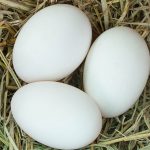
Some breeds of duck have been developed for their outstanding laying habits. Unless this ability is maintained through continued selective breeding, though, the laying potential of the strain will decrease over time. For this reason, not all populations of a particular breed known for laying are equally up to the task. Here are four outstanding […]
Continue Reading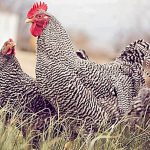
The pecking order governs the social organization of a flock of chickens, thereby reducing tension and stress in an established flock. Starting in the brooder, chicks spar almost from the day they hatch. By the time they are about six weeks old, each has established its place in the pecking order. In general, roosters are […]
Continue Reading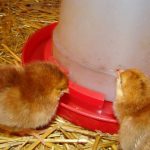
Most chicken keepers have some amount of equipment in storage. They might be things used only seasonally, like chick feeders, drinkers, incubators, and brooders. Or they might be feed cups, waterers, and pet carriers used only during the show season. Other things might simply be spares that can be swapped out so the dirty ones […]
Continue Reading
Because of school closures during the pandemic, elementary school embryology programs are not presented in classrooms. To fill the gap, The Livestock Conservancy, of which Cackle Hatchery® is a member, has teamed up with North Carolina 4-H Extension to develop a virtual learning experience. The series is called “From Embryo to Chick” and is offered […]
Continue Reading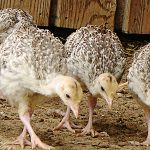
Turkey poults and guinea keets are difficult to sex, and therefore are typically sold as straight run. The males and females of both species, within the same breed or variety, look pretty much alike until they are nearly mature. Sexing Turkeys As turkey poults grow, you can take an educated guess as to which gender […]
Continue Reading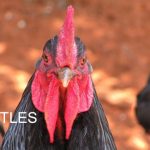
One of the great benefits of keeping chickens is that it gives you an opportunity to expand your vocabulary. The world of chicken keeping is full of odd or potentially confusing words and phrases, like those in this mini glossary of chicken terminology. Bloom: The moist, protective coating on a freshly laid egg that dries […]
Continue Reading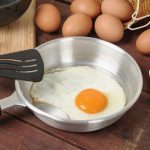
Egg yolks get their golden yellow color from the same plant pigments that result in the skin color of yellow-skin breeds. These pigments are also responsible for beak and bill color in chickens and ducks, and for their brightly colored feathers. The pigments are of two main types— carotene and xanthophyll. Carotene is orange to […]
Continue Reading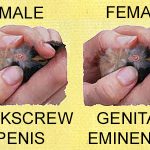
Male and female waterfowl of the same breed and variety are difficult to tell apart until they are several weeks old. Except for a few autosex breeds of geese, the only way to determine the gender of waterfowl hatchlings is by vent sexing. Happily that is not nearly as difficult as it is for chickens […]
Continue Reading